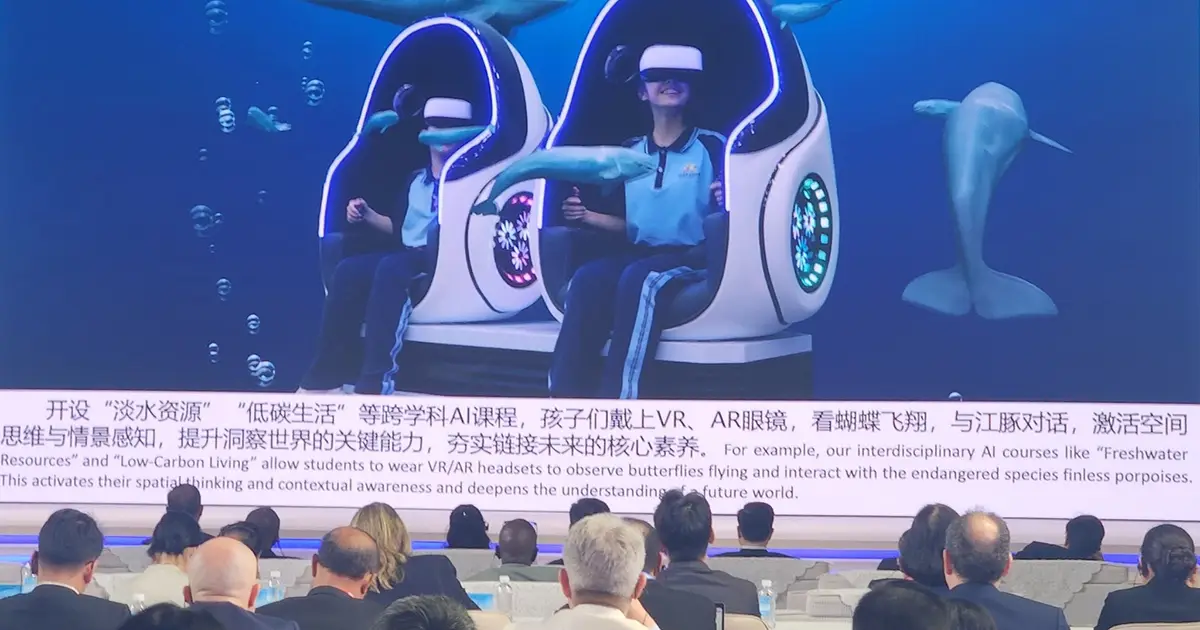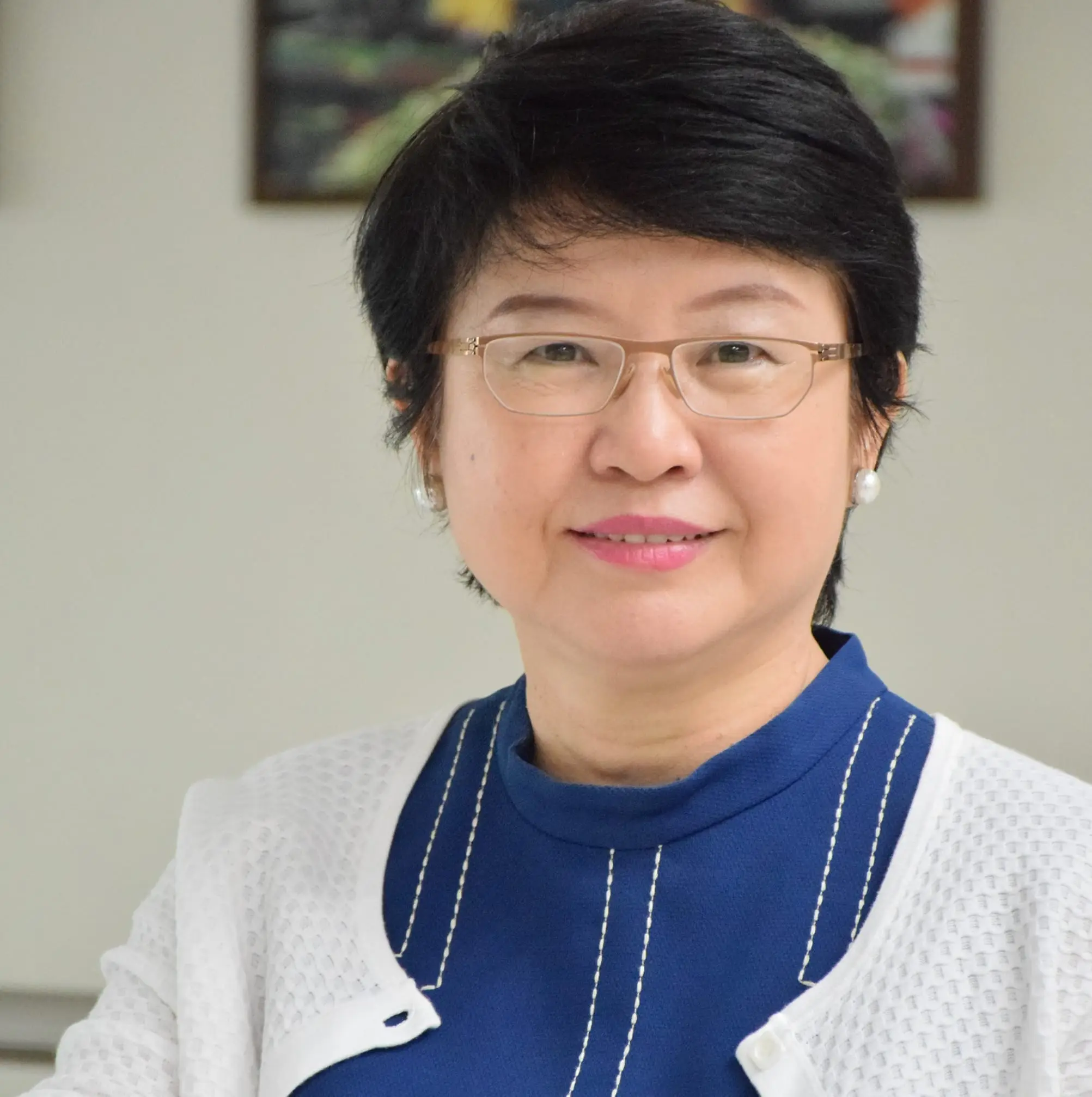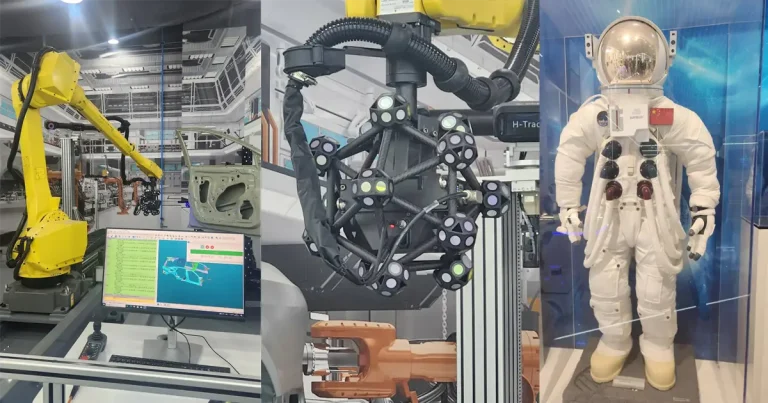Compiled by Professor Dr. Tippawan Lorsuwannarat, Ph.D.
Acting President of NIDA
Source : Facebook tippawan lorsuwannarat
The 2025 Global Digital Education Conference was held in Wuhan from May 14 to 16, organized by the Ministry of Education of China in collaboration with the Chinese National Commission for UNESCO and the Hubei Provincial Government. It was a meaningful opportunity to take part in this important international forum focused on the future of digital education.
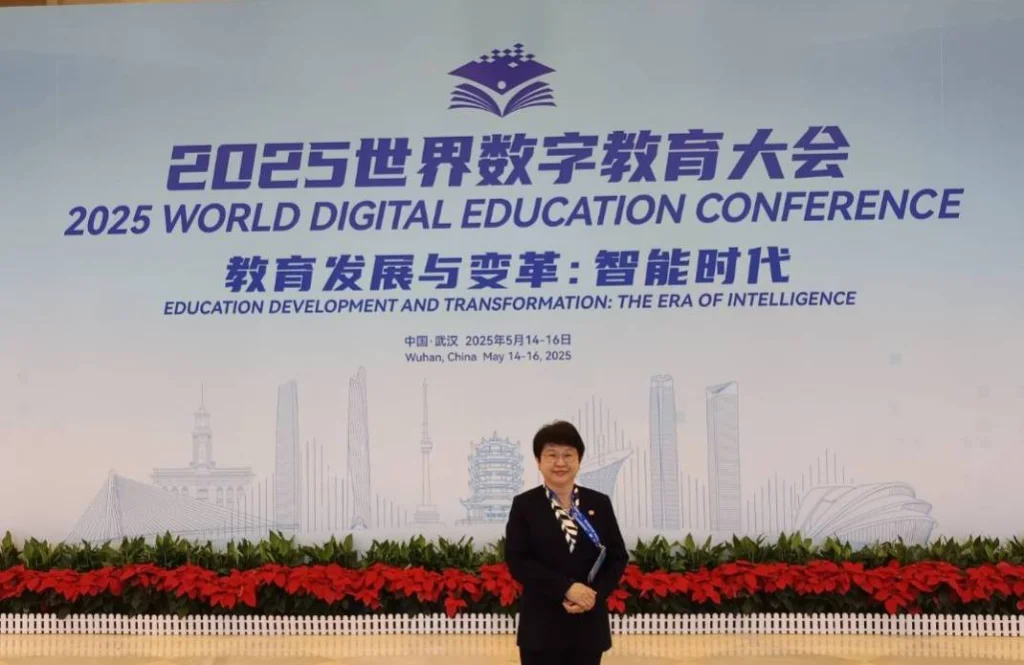
This global event brought together thousands of participants, including around 400 international delegates, to explore the evolving landscape of digital education. A key theme this year was the transformative role of AI in education. The conference featured several important publications, including China’s White Paper on Smart Education, updated educational frameworks, and key international standards.
The event was formally opened by H.E. Mr. Huai Jinpeng, China’s Minister of Education. The plenary sessions featured prominent voices, including ministers and senior officials from the UK, France, Georgia, Colombia, Brazil, and South Africa. Also in attendance were a Nobel laureate in economics from New York University, senior representatives from Cornell University, Tsinghua University, the University of Ottawa, and the Ambassador of New Zealand to China.
One of the most inspiring presentations came from Ms. Peng Baobei, principal of Wuhan Erqiao Middle School. Her vision for the school of the future emphasized educational equity and the preservation of cultural heritage. With a passionate commitment to nurturing global citizenship, she highlighted the importance of connecting students around the world through love and wisdom in an era of rapid digital transformation.
The school’s innovative approach integrates AI, virtual reality (VR), and a centralized dashboard for real-time assessment. This is not just a blueprint, but a model already being implemented.
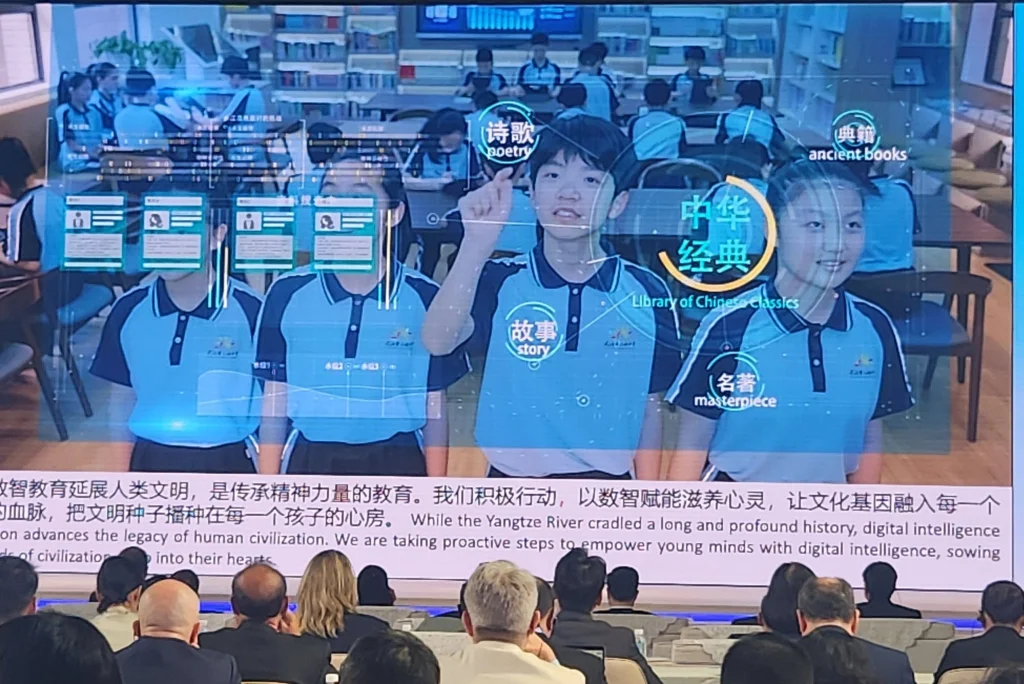
The presentation left a lasting impression, especially on international attendees, who were visibly engaged throughout. Another highlight was Spain’s “Mad for AI” initiative, which offers free AI training to young learners. I had the pleasure of speaking with the professor leading the project, and we are exploring the possibility of future collaboration. In the spirit of building lasting academic relationships, I also had the opportunity to engage with Prof. Yu Jihong, President of Beijing Normal University, who played a pivotal role in organizing the conference. Additionally, I visited Huazhong University of Science and Technology (HUST), currently ranked 300th in the QS World University Rankings 2025, and met with Vice President Prof. Xu Xiaodong to discuss potential areas of cooperation.
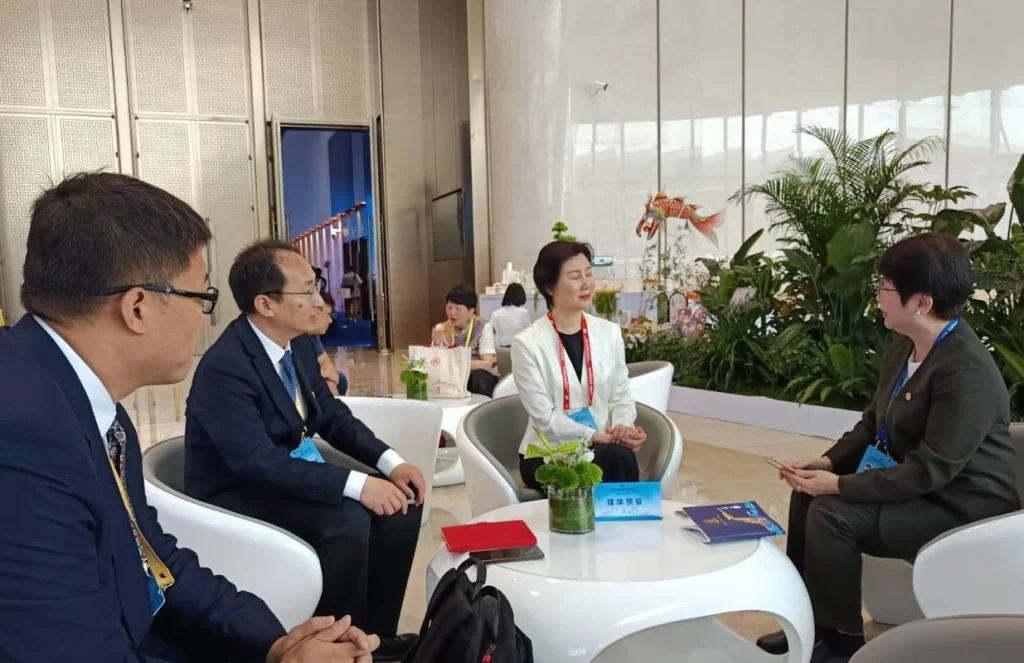
Lastly, I would like to share a brief reflection on the city of Wuhan, the capital of Hubei Province, home to nearly 12 million people. The city is known for its scenic lakes, vibrant parks, and green initiatives. I was particularly struck by the thoughtfully landscaped roadways and public spaces, which blend nature with urban design. Wuhan’s dedication to environmental sustainability is evident not only in its beauty but also in its impressive flood control measures along the Yangtze River—efforts that brought to mind scenes from the Chinese film The River Wild Disaster (2022). China’s proactive approach to digital education and disaster management reflects a powerful synergy between innovation, resilience, and vision. I look forward to continued learning and collaboration in these critical areas.

